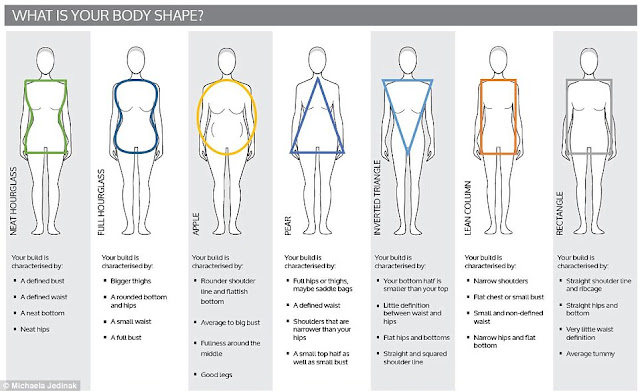Good news caffeine lovers, drinking up to four coffees a day is NOT bad for your health
Drinking up to four cups of coffee a day carries no risk to health, according to new research.
Scientists looked at more than 740 studies into the effects of caffeine on humans, all published between 2001 and 2015.
They concluded that 400 mg of caffeine, equivalent to around four cups of filter coffee a day showed no adverse effects.
This was also true for 300mg for pregnant women, around three cups, and 2.5mg per kilo for children and adolescents.
A typical energy drink such as Red Bull, contains around 80mg of caffeine in a 250ml can.
The study, published in the journal Food and Chemical Toxicology, looked at five bad effects of caffeine on health: acute toxicity, bone/calcium, cardiovascular, behaviour, and reproductive and development.
They concluded that as long as the 400mg limit was not breached there was no need to worry about consumption.
This meant that more resources could go into those who were taking in too much of the stimulant.
The researchers undertook the review after realising that despite all the literature, nobody had actually carried out a review of the papers published.
Dr Eric Hentges, Executive Director, International Life Sciences Institute (ILSI) North America, who carried out the study, said: "This Systematic Review provides evidence that furthers our understanding of caffeine on human health.
"Also, this review provides the research community with data and valuable evidence to support the development and execution of future research on caffeine safety that will impact public health.
"We concluded that the previously-defined levels of caffeine intake in a healthy caffeine consumer (400mg) were not associated with overt, adverse effects.
"The complete transparency with which the data has been shared will encourage other researchers to build upon this work."
Your tired eyes should be grateful at the news (Photo: Digital Vision)
To carry out a Systematic Review, eight scientists from a private firm ToxStrategies and seven independent Scientific Advisory Board (SAB) members with diverse expertise in the study's areas of focus all looked at the 740 papers.
The study was primarily funded by ILSI, a not for profit organisation but the remainder of the funding came from unrestricted grants from the American Beverage Association (ABA) and the National Coffee Association (NCA).




Comments
Post a Comment